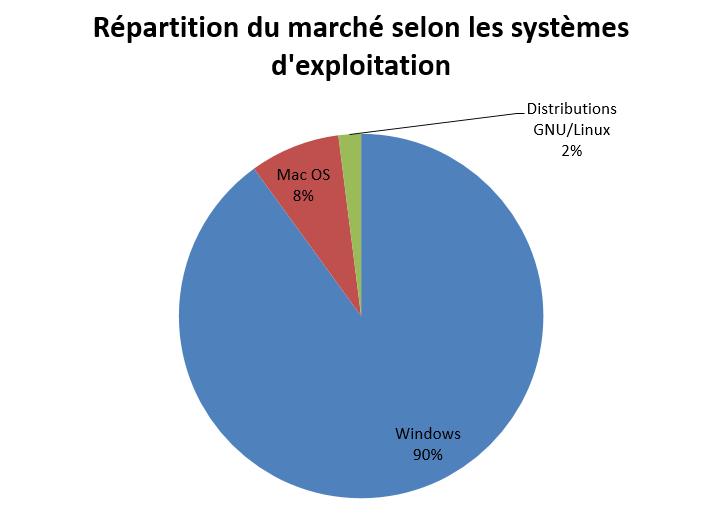Public decision-making and citizen participation in Europe
The most probable hypothesis is that the crisis of our democracies is not just a soft spot, after which the return to normal would be certain. A look at the past is enough to make it clear: history does not stop, and regimes that are not renewed are destined to decline. However, new challenges are piling up. The capitalist development model adopted since the 1970s has allowed significant growth but has been paid for by the rise of inequalities and precariousness.
Nation-states, which constituted the framework in which democracies had molded themselves, are seeing their importance diminish, while global actors such as transnational corporations weigh in with increasing weight. Governance networks in which elected institutions cooperate with international organizations, expert committees and private actors are developing. Europe, which was still less than a century ago at the center of the world, finds itself provincialized by the swing of the globe towards emerging countries. The pattern of production and consumption typical of the industrial age has led to a destabilization of the ecosphere, and future generations risk living on a more inhospitable planet. Social changes are accelerating: the internet and social networks have upset sociability. The current digital revolution will accentuate the phenomenon. Faced with these developments, the political systems put in place after the Second World War are comparatively on the spot. Worse, with the increasing loss of substance and legitimacy of political parties, they seem increasingly distant from ordinary citizens. What is surprising that our democracies are destabilized?
The institutional political game seems in the eyes of the citizens largely reduced to quarrels of shops and personal interests. As a result, public speaking is devalued. It is against this backdrop of crisis that the use of participatory tools must be understood. On the one hand, social movements demand a democratization of the decision-making process. On the other hand, political and administrative leaders turn to institutionalized participation out of conviction – or more prosaically to avoid being contested in the streets and in elections.

This movement is not specific to a country, nor to a political tendency. It is far from specific to Europe. Citizen participation is, on the contrary, a field where transfers take place between the countries of the South and those of the North, and this in both directions. The example of participatory budgets, which make it possible to involve citizens in the distribution of public finances, is telling: invented in Brazil, they were then imported into a number of European cities. Ideals, knowledge and techniques are formed and exchanged between citizen movements, NGOs, research departments, political and administrative leaders, academics or experts, international civil servants.







